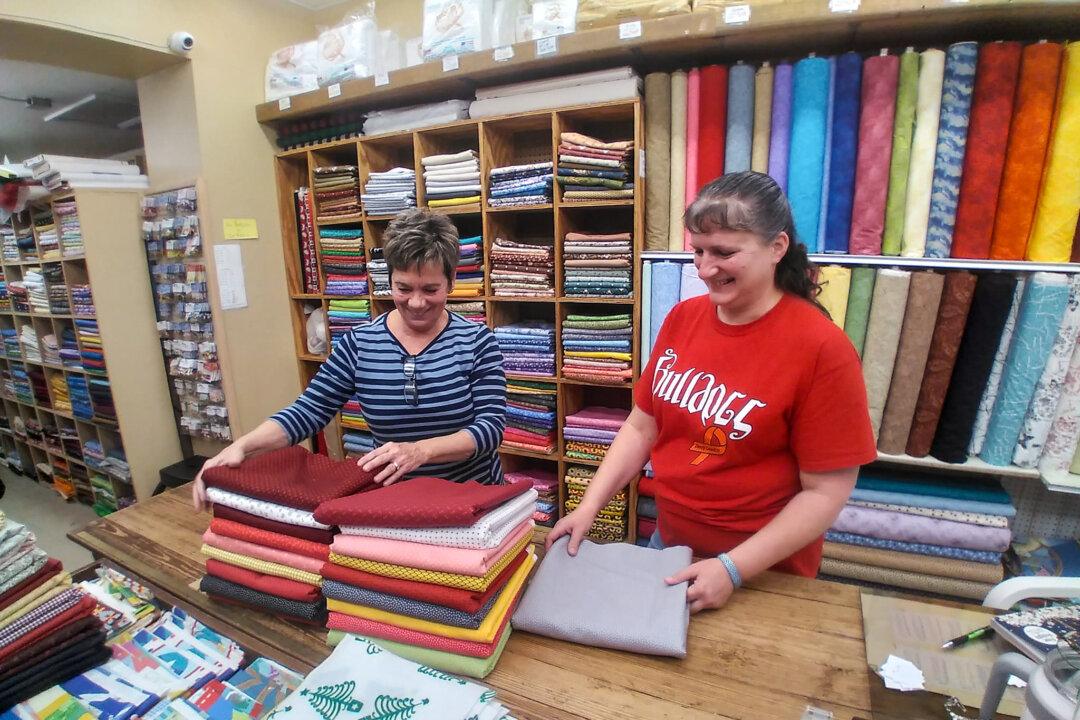Small business owners across the United States are struggling with losses, with overall profits slightly declining from July 2021 and July 2022, according to Kabbage from American Express’s Small Business Recovery Report.
Battling supply chain shortages, rising prices, and pandemic-related lockdowns, small business owners have barely been managing to survive in the last two and a half years.





